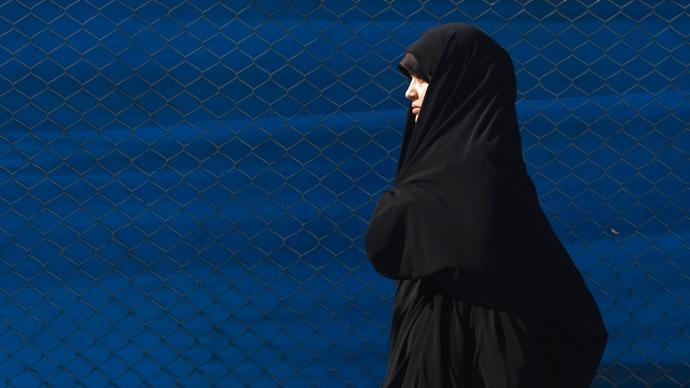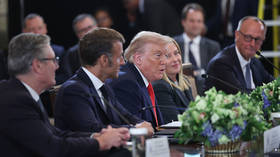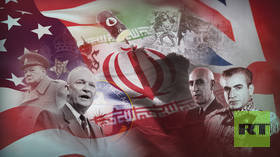Senior Iranian council deems new tough hijab law unconstitutional

Iran’s top legislative body has turned down a new draft law aimed at giving more powers to Iranian police and notorious volunteer militias to enforce women’s compulsory wearing of the hijab.
The draft, entitled the “Plan on Protection of Promoters of
Virtue and Vice,” was rejected by the country’s Guardian Council,
an influential 12-member committee that scrutinizes Tehran's
legislation.
Quoting a council spokesman, the official IRNA news agency
reported that the 24-point plan featured up to 14 flaws, that it
“contradicted the constitution and was not approved.”
The council sent the draft law back to parliament for reworking,
the news agency said.
Iranian lawmakers wanted to give members of the Basij (a
paramilitary volunteer militia established in 1979 by order of
the Islamic Revolution's leader, Ayatollah Khomeini), power to
verbally caution women they deem inappropriately dressed.

The draft law, which was approved by parliament in December, also
aimed to place responsibility on employers to make sure that
women employees wear the hijab, with firms facing fines for
non-compliance.
Under Islamic law, which has been in force in Iran since the 1979
Revolution, in public women must wear a headscarf, known as a
hijab, covering the head and neck and hiding the hair. After the
fervor of the Revolution faded away, some Iranian women have
sought to push back the hardcore religious boundaries, wearing
thin headscarves, tight jeans and pants and trendy coats rather
than modest chadors (head-to-toe traditional black garments that
cover the body entirely). This backsliding has provoked claims
from lawmakers and religious leaders that strict rules are being
neglected and not protected by morality police, whose duty is to
ensure that women are dressed according to the Islamic dress
code.
The country’s moderate elected leader, President Hassan Rouhani,
urged by hardline lawmakers to take a tougher stance on the veil,
chose to distance himself from the draft law, however.
“We should not be overly focused on one issue, such as bad hijab,
to prevent vice,” Rouhani said in October.
Rouhani has managed to stand by his election promise to lighten
the country's strict Islamic dress code. Last November, the
country's morality police were banned from arresting women deemed
to be immodestly dressed, and the responsibility for hijab
enforcement has been shifted from the police to the Interior
Ministry.












